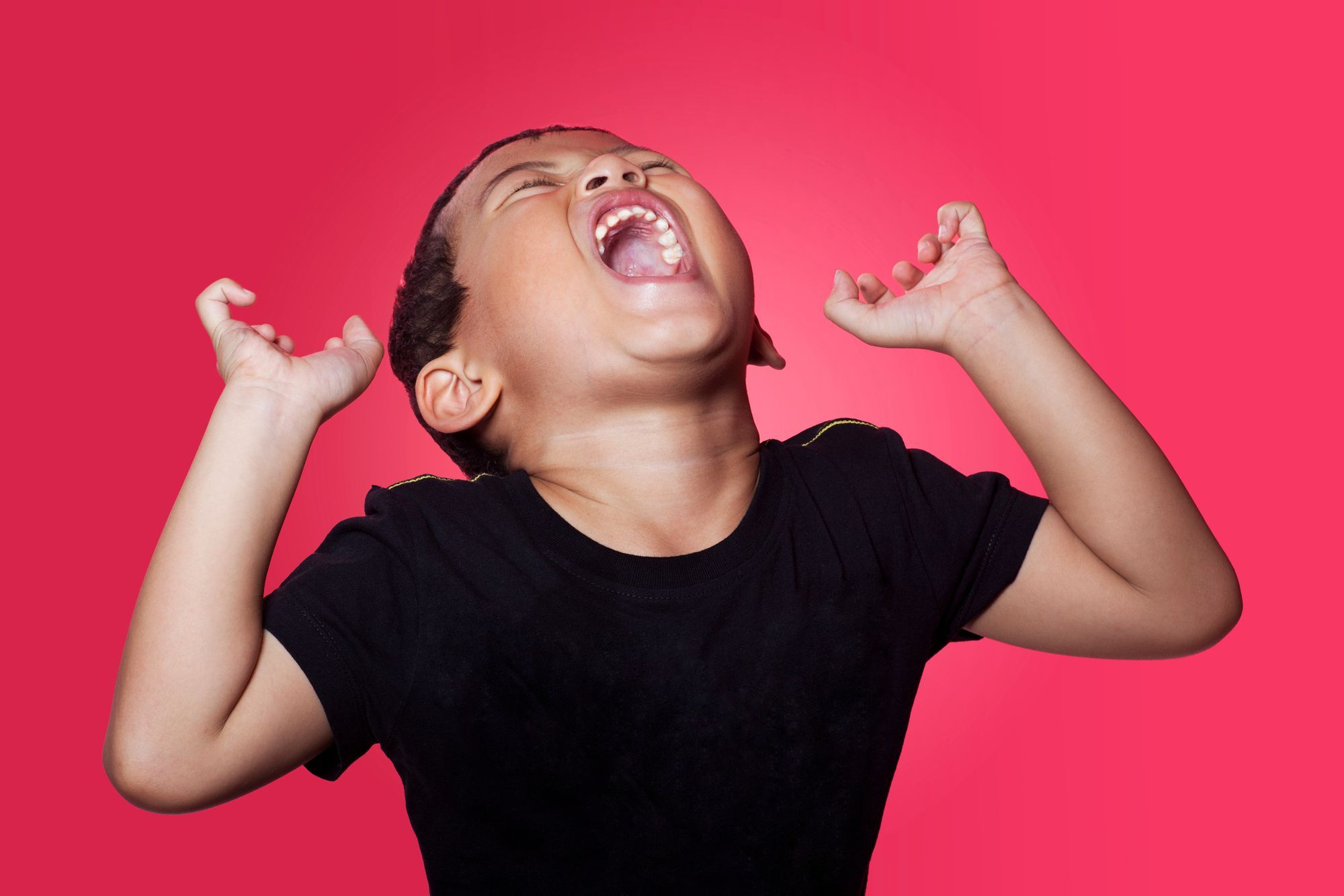Children feel deeply. Their excitement can take over a room. And when they are overwhelmed, sad, frustrated, or afraid, those feelings can show up just as intensely.
For many parents, the hardest moments are when a child’s emotions hit big: the meltdown on the kitchen floor, the slammed doors, the tearful collapse after school, or the quiet withdrawal that leaves a child unreachable.
These moments can feel confusing, especially when the feeling seems bigger than the situation. Yet for children, this intensity is not misbehavior. It is communication.
Their feelings are real. Their bodies are signaling something important.
And they need us to help them make sense of it.
Why Children Have “Big Feelings”
Children are not born with the same emotional regulation skills adults have. The brain structures responsible for managing impulses, frustration, and emotional intensity are still developing well into adolescence.
This means:
-
Children feel emotions before they can explain them.
-
Their bodies react before words are available.
-
They rely on caregivers to help them return to calm.
What looks like tantrums, defiance, or overreaction is often simply:
-
A nervous system overwhelmed.
-
A child communicating a need.
-
A moment where connection matters more than correction.
All Behavior Is Communication
It’s easy to get stuck on what a child is doing in these big moments:
-
Crying
-
Yelling
-
Running away
-
Shutting down
-
Throwing something
-
Clinging and refusing separation
But the real question is: “What is my child trying to tell me?”
Common needs underneath the behavior may include:
-
“I’m overwhelmed.”
-
“I don’t feel safe.”
-
“This is too much for me.”
-
“I need help calming down.”
-
“I need to know you’re with me.”
When we shift from stopping the behavior to understanding the need, everything changes.
Your Calm Is Their Anchor
A child’s emotional regulation develops through co-regulation. This means when their feelings become too big for them, they borrow your nervous system to come back to steady.
You don’t need the perfect words.
You don’t need to fix the situation.
You don’t need to make the feelings go away.
What helps most is your presence:
-
“I’m right here.”
-
“You can be upset and still be safe.”
-
“We will get through this together.”
Your warmth and steadiness help their overwhelmed body remember I am not alone. I am safe. I can feel this and come back.
How Play Therapy Helps
Children learn through play; how to understand themselves, express emotion, and build coping skills.
In play therapy:
-
The playroom becomes a safe emotional world.
-
A child uses toys to express feelings they don’t yet have words for.
-
The therapist joins them with attunement, patience, and curiosity.
-
The child experiences what it feels like to be understood, accepted, and not alone in their big feelings.
Over time, the child internalizes
-
Emotional awareness
-
Confidence in expressing needs
-
A growing ability to return to calm
-
A deeper sense of “I am enough, even when I’m upset.”
You’re Not Alone
If you’re seeing big feelings often and wondering if support would help, play therapy can be a safe place for your child to learn how to understand and navigate their emotional world with confidence.
It’s not about “fixing” them. It’s about supporting the parts of them that are growing. And when children feel understood, they learn to understand themselves.
Getting Support at Collective Hope Counseling
If your child is struggling with big feelings, you do not have to navigate this alone. At Collective Hope Counseling in Richmond, Texas, we specialize in child-centered play therapy and helping families create calmer, more connected relationships.
In our playroom, children are:
-
welcomed just as they are,
-
supported in expressing their inner world through play,
-
gently guided toward confidence, emotional understanding, and regulation.
Parents are supported, too. You’ll never be left wondering what’s happening or how to help at home. We walk beside you through the process, offering insight, guidance, and a grounded plan that honors your relationship with your child.
Getting Started Is Simple
Schedule a consultation call
We’ll talk about your child, your family, and what you’re noticing.
Meet your child’s play therapist
We’ll create a warm, safe space for your child to begin expressing their emotional world.
Grow together
You’ll receive ongoing support as your child builds internal capacity for regulation, confidence, and connection.
Give us a call or send a text to 832-521-8809. We look forward to supporting your family.


